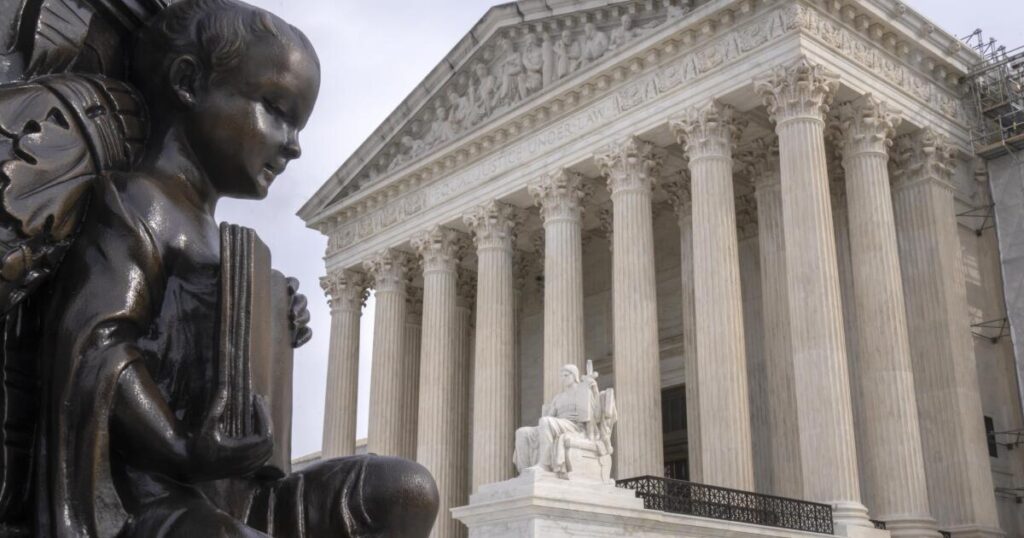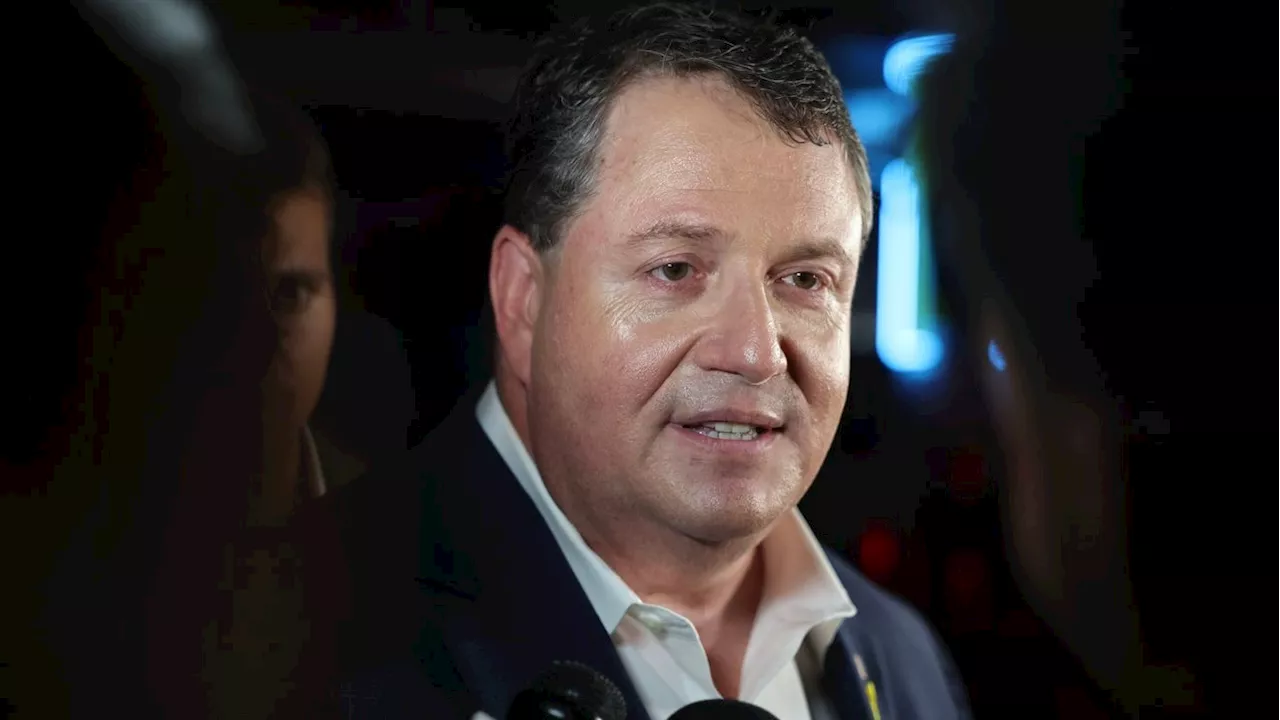
UPDATE: The U.S. Chamber of Commerce and numerous business groups are urgently calling on the Supreme Court to block California’s groundbreaking climate disclosure laws, which could compel thousands of companies to disclose their emissions and climate impact. The emergency appeal was filed just ahead of the laws’ implementation date of January 1, 2024, heightening the stakes for businesses nationwide.
These laws, known as SB 261 and Senate Bill 253, are set to require companies to assess and publicly disclose their “climate-related financial risks” and emissions. The Chamber argues that this government mandate infringes on the 1st Amendment, claiming it forces companies to engage in compelled speech on a controversial subject. “In less than eight weeks, California will compel thousands of companies across the nation to speak on the deeply controversial topic of climate change,” the appeal states.
The implications of these laws extend beyond California. They represent a significant push to pressure corporations into the public debate on climate issues, with proponents claiming it will shed light on which companies are genuinely sustainable. However, opponents argue it could lead to a chilling effect on free speech.
The appeal was led by attorney Eugene Scalia, the son of the late Justice Antonin Scalia. He argues that the laws are presumptively unconstitutional, stating, “No state may violate 1st Amendment rights to set climate policy for the Nation.” The appeal follows failed attempts by major corporations, including Exxon Mobil, to secure a court injunction against these measures at the state level.
In August, U.S. District Judge Otis Wright II ruled against blocking the laws, stating they regulate commercial speech, which receives less protection under the 1st Amendment. The judge emphasized that businesses frequently disclose factual information related to their operations.
In response to the Chamber’s appeal, attorneys general from Iowa and 24 other Republican-leaning states have joined forces, voicing their strong opposition to what they label as a “radical green speech mandate.” A ruling from the Supreme Court could set a pivotal precedent regarding climate policy and corporate speech rights in the U.S.
As developments unfold, the justices are expected to request a response from California’s state attorneys next week. The outcome could reshape the regulatory landscape for climate-related disclosures and impact thousands of businesses across the nation.
Stay tuned for updates as this critical case progresses, with potential ramifications for both corporate governance and climate advocacy.





